Home » Tech Consulting » M&A Technology Services
M&A Technology Services
We offer comprehensive M&A technology consulting services designed to support both buyers and sellers throughout the entire acquisition lifecycle — pre-acquisition, deal execution, and post-acquisition
Mitigate risks and have a sucessful investment journey
Empowering seamless mergers & acquisitions
Whether you are looking to assess technical liabilities, streamline deal execution, or integrate systems post-transaction, our expert team and comprehensive M&A technology services ensure that your business is deal-ready at every stage.
Tailored M&A tech solutions focused on value and risk mitigation
Pre-Acquisition Services
Our technical experts help buyers and sellers get ready for transaction events with confidence.
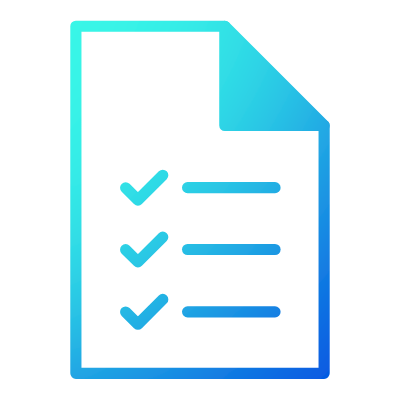
Tech Screening for Buyers
We assess the critical technical liabilities in your potential investments, helping you identify key risks early and make informed investment decisions.

Deal Readiness for Sellers
Present your technical assets in the best light by addressing risks and highlighting areas of potential value, making your company more attractive to buyers.

During Deal Execution
We tailor our due diligence approach — broad or in-depth — to align with your specific needs, maximising value while minimising transaction costs.

Technical Due Diligence
Get a thorough evaluation of the seller’s technology, uncovering hidden liabilities and identifying opportunities for value creation. This comprehensive analysis allows you to make an informed valuation of the seller’s assets.

Post-Acquisition Services
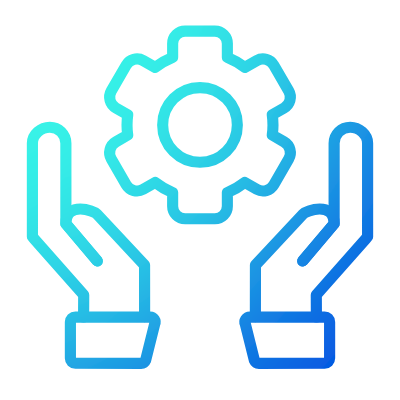
Technical Integration
We provide expert guidance on seamlessly integrating technologies post-acquisition, focusing on operational efficiency and long-term value maximisation for both parties.

Discover some of our
M&A credentials

Deal Readiness
Supported a Fintech client in modernising their tech stack and environment for pre-deal readiness, contributing to their successful sale for €750m.

Post-acquisition
Helped a client after acquiring a new business by aligning their architecture, merging tech stacks, and improving their user experience.

Tech Due Diligence
Prior to its acquisition, we improved a client’s tech capabilities by consolidating its tech stack through a technical due diligence.
Why use an M&A technology partner?

Mitigate risks and uncover opportunities
A tech partner like Zartis ensures that both buyers and sellers identify critical technology risks and potential value-adding opportunities. Gain clarity on aspects like technical debt, infrastructure vulnerabilities, and software scalability.

Streamline integration and operations
Post-acquisition integration can be challenging. We provide expertise in seamlessly merging systems, aligning teams, and ensuring operational continuity. Zartis supports you with the strategic planning and technical execution for a smooth transition.

Maximise the value of transactions
A deep analysis of technical assets ensures they align with business goals and growth strategies. This maximises the transaction’s value by ensuring all aspects are optimised for performance, security, and scalability – ensuring long-term success.

Phased approach focused on maximising long-term value minimising transaction costs
High-level analysis to identify potential deal breakers and upsides
- Software architecture scalability and performance
- Technical debt analysis
- Software quality and codebase health
- IT risks and disaster recovery plans and systems
- Security and compliance
- Regulatory compliance
- Intellectual property (IP) and licensing
Deeper analysis to understand and quantify risks, and opportunities
- Technology stack and architecture review
- Integrations with other systems
- Use of outdated technologies
- Multitenancy
- Team capabilities and in-house skills
- Development processes and methodologies
- Code management practices
- Open-source usage and compliance
- DevOps practices and infrastructure
- CI/CD pipelines
- Hosting environment
- Monitoring and alerting
- Testing culture and best practices
- Testing strategy
- Quality gates
- Review of data assets and data management
- Data security and compliance
- Engineering standards
- Communication strategy and information flow
- Technical governance
- Engineering development methodology
- Cybersecurity posture
- Secrets management
- Access control review
- Encryption and key management systems
Comprehensive technical due diligence and post-acquisiton integration
- IT costs and budget
- Scalability for future growth
- Innovation potential
- Business continuity plans
- Third-party dependencies
- IT governance and policies
Enterprise Architecture: Frameworks, documentation, and visualisation tools
Solution Architecture:
- APIs and integrations:
- API design, documentation, and contracts
- Integration with physical devices
- Mobile compatibility
- Performance and scalability:
- Error handling and logging
- Performance characteristics and scaling strategies
Software Architecture:
- Component interactions, dataflow, and storage
- Extensibility and flexibility
- Buy vs. build decisions
- Cost of maintenance
Operational Efficiency: Process automation, tooling and technologies
Innovation Potential: (1) Research and development efforts, (2) capacity for innovation and adaptation
Engineering Knowledge-Sharing: (1)Collaboration culture, (2) continuous improvement practices
Team Structure:
- Team size and composition, responsibilities, communication
- DevOps/QA models (Centralised vs. Distributed)
- Infrastructure-as-Code (IaC)
- Cloud strategy
- Configurations
- CI/CD and automation pipelines
- Backup and recovery
- Monitoring and alerting
Testing Topology: Testing pyramid/diamond models, testing quadrants
Testing Processes: Continuous testing practices, testing frameworks, and tools
Customer Satisfaction and Support:
- Support infrastructure and processes
- Customer feedback analysis
- Areas for improvement in service
Data Analytics and Insights: Analytics capabilities, tools, and data-driven decision making
Data Management: (1) Governance policies, (2) data quality assurance, (3) compliance
AI Integration: (1) Use of AI technologies, (2) impact on data analysis and operations
Product Roadmap:
- Strategic development plans
- Market trend alignment and customer needs assessment
Integration Capabilities:
- API and integration point analysis
- Compatibility assessments
- Potential integration challenges
Product Collaboration
- Bottom-Up vs. Top-Down models
- Cross-functional team collaboration
Operational Efficiency: (1) Process optimisation strategies, (2) automation in operations
Conventions and Standards: Coding standards, definitions, and documentation practices
Development Methodologies: (1) Agile, Scrum, Kanban practices, (2) ownership clarification, (3) tooling
Advanced Security Practices: (1)Security components usage, (2) intrusion detection and SIEM systems, (3) automation in security mitigation
Compliance Monitoring: (1) Industry standard compliance, (2) ongoing auditing processes
Security in Business Continuity: (1) Security aspects of continuity plans, (2) incident response planning
FAQs: M&A technology services
How do you identify key deal risks and value opportunities?
We conduct a thorough, end-to-end analysis of the technology landscape to provide a deep understanding of critical factors that drive value and mitigate risk. Our approach identifies key areas for growth and value creation, ensuring a seamless integration that aligns with your business objectives and maximises potential.
What specific industries and areas do you focus on?
Our team has extensive experience across various industries including fintech, medtech, cleantech, logistics, and more. We focus on the key areas that drive value in these sectors, such as architecture, cloud infrastructure, DevOps, cybersecurity, and AI.
How do you evaluate the scalability of a company's technology?
We analyse the underlying architecture, codebase, and infrastructure to determine scalability. This assessment helps identify potential challenges or necessary investments for supporting growth post-acquisition.
What is your approach to technology due diligence in M&A?
The depth of the technical due diligence assessment depends on your needs. We can give you the general headlines or assess your company’s entire infrastructure, software quality, security protocols, and scalability. Our goal is to provide a clear picture of the technical health and future adaptability of the target – based on your needs at that point in time.
How do you handle data security and compliance assessments in M&A?
We thoroughly evaluate data security measures and regulatory compliance, identifying gaps that could pose risks. This helps ensure that both buyer and seller are aware of any security liabilities and compliance requirements.
What role do you play in deal-readiness for sellers?
Through technical due diligence, we help sellers prepare technical documentation, address any technical debt, and ensure the tech stack is optimised. This allows sellers to present a stronger, more appealing proposition to potential buyers.
How do you manage integration challenges collaboration between different functions or departments?
Cross-functional collaboration is our modus operandi. We facilitate collaboration between teams, establishing clear integration roadmaps and communication channels. This ensures that technical and operational teams can work effectively towards seamless integration.
What does the post-acquisition integration process entail?
Post-acquisition, we assist with technology integration, aligning systems, consolidating data, and ensuring smooth interoperability. This involves both technical and cultural alignment to maximise operational efficiency.
Ensure the success of your partnerships
Contact us today to discuss your growth plans, and make critical decisions with confidence.




